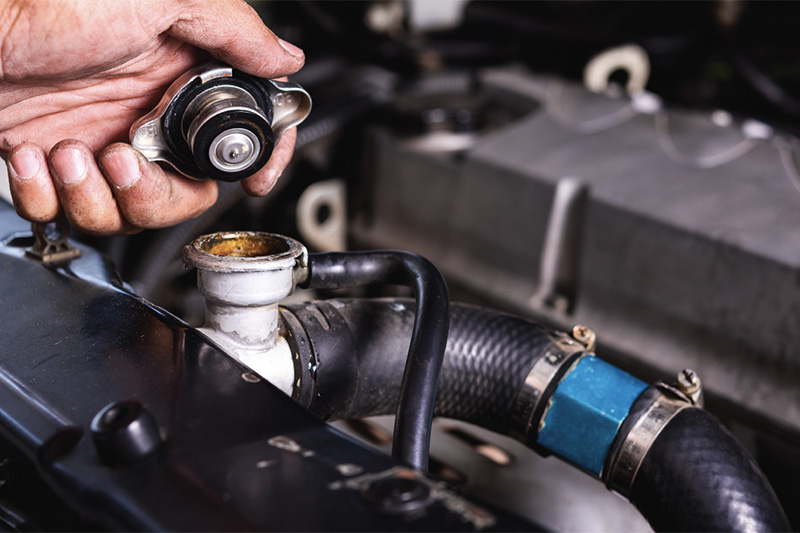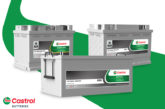
Could you be offering your eco-conscious customers a better alternative when it comes to car engine oils? Here, TotalEnergies’ Business Development Manager, David Valentyne, discusses the role eliminating plastic and packaging can play in reducing emissions.
The passenger car lubricant market is an incredibly diverse one, with an ever-greater number of options to choose from to help increasingly powerful and compact engines operate at their full potential.
Mechanics are confronted daily with different and evolving manufacturer standards and are having to stock an increasing number of lubricant references in their workshop. This, in turn, leads to challenges around available space, logistics and waste. Choosing the right oils clearly has to take performance and costs into account but sustainability considerations are also increasingly coming to the fore as mechanics have to serve increasingly climate-conscious customers.
As the UK continues on its ambitious journey to reach net zero by 2050, motor transport is increasingly in focus. Garages have to look at more than just the technical characteristics of the specific oils they stock but also packaging, logistics and challenges such as waste and recycling that all contribute to carbon emissions.
Packaging matters
Selecting oils that come in more eco-friendly packaging has the potential to make an important contribution to reducing emissions in your business. It is important to think stepby- step about the journey of the product from when someone in your team places an order to the day waste oil leaves the workshop.
What shape is the packaging? Does that allow for efficient transportation or does the shape of bottles lead to wasted space in delivery vehicles? How much room do products take up once they are in your garage?
In short, do not just order the familiar looking bottles you have always stocked – push your suppliers for more information and options. To give you a sense of what some of the options out there are, we at TotalEnergies now use the QuartzBox. This is a new type of packaging with a durable inner bag inside a recycled cardboard box. The QuartzBox approach reduces the use of plastics, meaning less waste. It also saves space because the boxes can be stacked efficiently when full and folded flat when empty, freeing up space in the workshop.
Reuse and recycle
The other piece of the puzzle is waste management. Old motor oil qualifies as hazardous waste, of course, meaning strict rules and regulations about its disposal by businesses. Often, the best option is to work with a waste management partner – your lubricants supplier might even be able to offer you that support for free. Expert waste management can help can take the paperwork and headache off mechanics – as well as help cut emissions, ensuring used oils are recycled.
Specialists can also help with oil spillages too, a well-known issue for workshops and garages. Spillages are a problem both in terms of health and safety and carbon footprint so be sure to ask about emergency spill responses and site clearance help in discussions with partners.
One other aspect of working with lubricants suppliers and waste management services that garages do not always think about is potential to help you in the war for talent. Attracting and retaining people is one of the most pressing challenges for garages across the UK. Demonstrating your focus on sustainability across the board can contribute to improving staff morale. Moreover, your suppliers may well offer additional staff training that can help bring new team members onboard quickly.
Modern drivers are becoming more sustainability-minded and the garages that serve them have to reflect that focus. Fortunately, doing the right thing for the environment can also help improve operational efficiency and retain talented people – a win-win.









